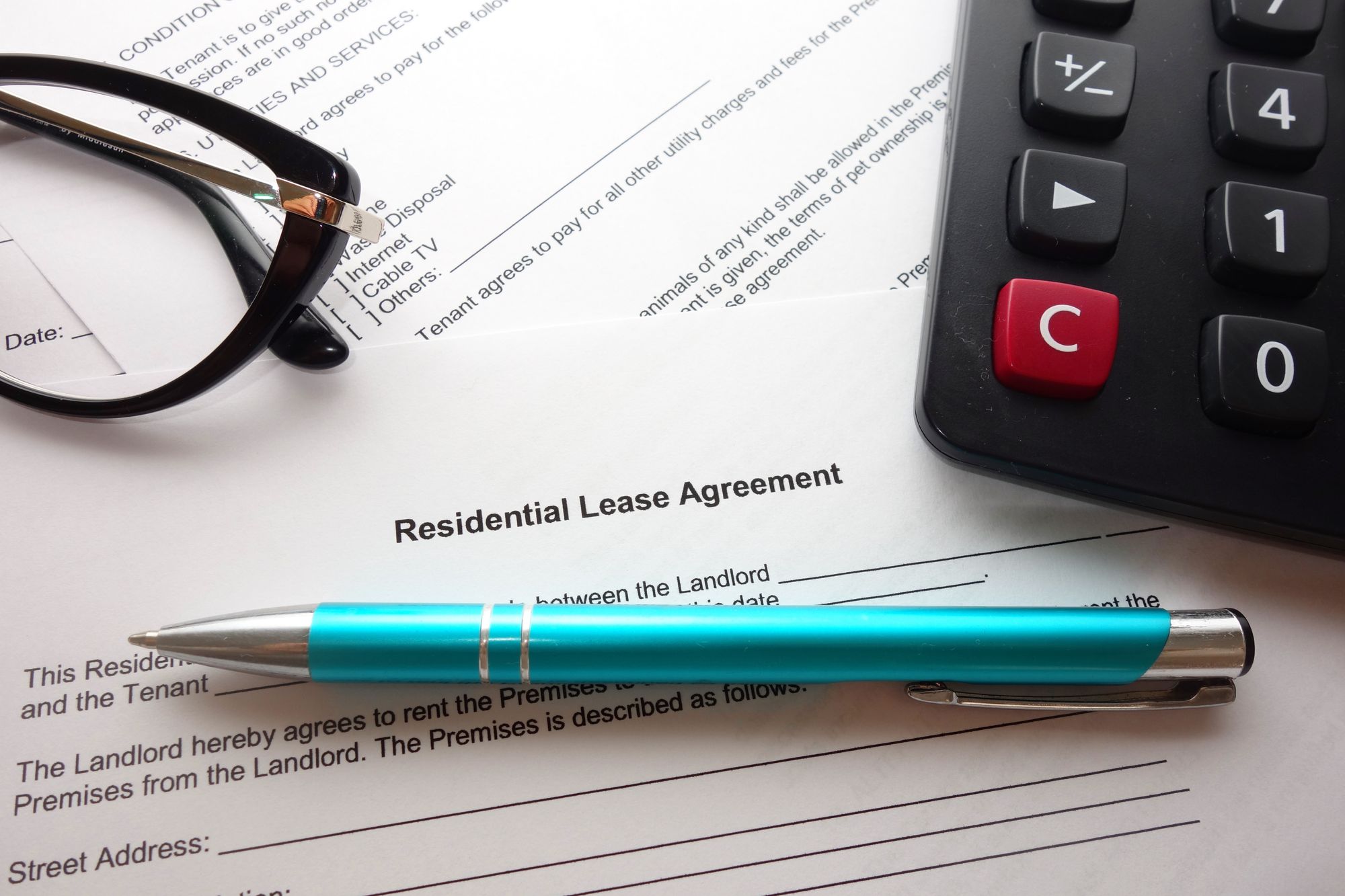Renting vs. Buying in the UK: Making the Right Housing Choice

Deciding between renting and buying a home in the UK is a significant decision that depends on various factors, including your financial situation, lifestyle, and long-term goals. This article provides an overview of the key differences between renting and buying, giving you a clear understanding of the advantages and disadvantages of both.
Renting a Home: Flexibility and Simplicity

Renting offers flexibility and simplicity, making it a popular choice for newcomers and those who value mobility. Here are some key points to consider:
Pros of Renting:
- Flexibility: Renting gives you the freedom to move easily, which can be advantageous if you're uncertain about your long-term plans, or costs suddenly rise and you need to make a change
- Maintenance: Landlords are responsible for property maintenance and repairs, reducing your financial burden. You just need to focus on your belongings, often referred to as contents
Cons of Renting:
- Limited Control: As a tenant, you have fewer rights to modify or personalize the property.
- No Equity: Rent payments don't contribute to building equity or ownership.
Buying a Home: Investment and Stability

Buying a home offers a sense of ownership, investment potential, and stability. Here's what to consider:
Pros of Buying:
- Investment: Owning a home can be a long-term investment, potentially leading to capital appreciation
- Personalization: You can make modifications and renovations to suit your preferences
- Equity: Each mortgage payment builds equity, contributing to your overall net worth
- Stability: Owning a home provides stability and a sense of belonging to a community
Cons of Buying:
- Financial Commitment: Purchasing a home involves substantial upfront costs, including a deposit, legal fees, and stamp duty
- Maintenance: Homeowners are responsible for all maintenance and repairs
- Market Fluctuations: Property values can fluctuate, affecting your potential returns
Cost Comparison: Renting vs. Buying
Renting Costs:
- Deposit: Typically one to two months' rent (The median monthly rent in England between April 2022 and March 2023 was £825)
- Monthly Rent: Varies depending on location, property size, and amenities
- Utilities: Many rentals include basic utilities in the rent
- Council Tax: This is paid by the tenant and relates to the band of the property you rent (https://www.gov.uk/council-tax-bands)
- Maintenance: Landlord's responsibility
Buying Costs:
- Deposit: Usually 5-20% of the property's value
- Mortgage: Monthly payments depend on the loan amount, interest rate, and term
- Stamp Duty: Tax on properties over a certain value
- Legal Fees: Conveyancing and other legal costs
- Survey: Property survey fees
Average Prices:
- The average UK rent varies by location and property type. For specifics, refer to the latest data from the Office for National Statistics (ONS)
- The average UK house price can be found on the UK House Price Index published by HM Land Registry
Deciding whether to rent or buy a home in the UK requires careful consideration of your financial situation, lifestyle, and long-term goals. Both options have their merits and drawbacks, and it's essential to weigh them against your circumstances. Use this overview as a starting point, and further explore reliable sources to make an informed decision that suits your needs.
Subscribe to receive more helpful UK insights!
The aim of the blog is to support anyone planning on (or is already) living in the UK. If you would like regular tips and insights on UK life, make sure you subscribe and stay updated. I will soon be releasing a comprehensive UK life guide covering all the major topics a newcomer needs to set up a successful life here!



